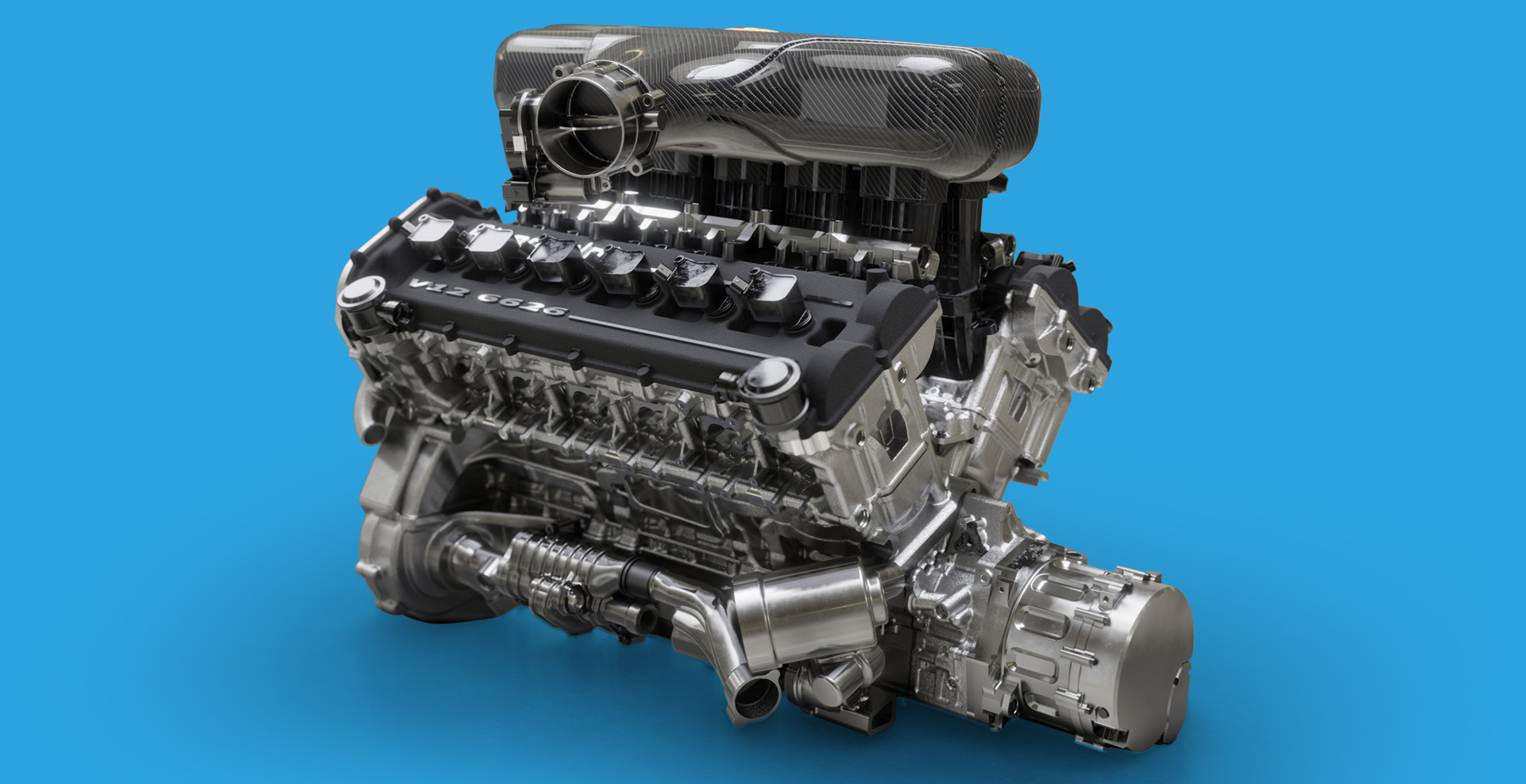A Full Guide to Buying from Engines For Africa
A Full Guide to Buying from Engines For Africa
Blog Article
A Complete Overview to Picking the Right Engine for Your Job
Selecting the appropriate engine for your job is a crucial decision that can considerably impact its overall success. Each of these elements plays a critical duty in guaranteeing that your chosen engine not only fulfills prompt objectives yet also straightens with long-lasting ambitions.
Specify Your Job Requirements
Defining your job requires is an essential action in selecting the proper engine for successful implementation. An extensive understanding of your task's objectives will certainly lead you in determining the capacities and attributes required from an engine. Begin by detailing the range of your job, including the preferred functionality, target market, and the specific results you intend to attain.
Following, take into consideration the technological needs that straighten with your job goals. This includes evaluating the compatibility of the engine with existing systems, along with the programming languages and structures that will be used. Additionally, evaluate the degree of scalability needed to suit future development or modifications popular.
Budget plan constraints likewise play a crucial role in specifying your job requires. Develop a clear monetary structure to assist your decision-making process, making sure that the engine selected fits within your budget while giving the required performance.
Evaluate Efficiency Demands

Next, consider the scalability of the engine. Examine whether it can deal with enhanced workloads as your project expands. Engines that support horizontal scaling are frequently preferable for larger applications. In addition, evaluate the engine's performance under various conditions, such as peak usage scenarios, to ensure it meets your dependability requirements.
Think About Simplicity of Use
While technical specifications are crucial, the ease of use of an engine can significantly impact the advancement process and general task success. An intuitive interface, clear paperwork, and structured operations can dramatically reduce the learning curve for programmers, enabling them to focus on creativity and problem-solving instead of grappling with complex tools.
When reviewing an engine's convenience of use, take into consideration the onboarding experience. A well-structured intro, complete with tutorials and example projects, can promote a smoother shift for new customers. Additionally, the clearness and comprehensiveness of the engine's paperwork play a crucial function; detailed overviews and API referrals can equip programmers to troubleshoot and carry out attributes effectively.
An additional facet to think about is the engine's personalization abilities. An engine that permits for simple adjustments can be much more easy to use, as designers can customize it to fit their specific demands without considerable problem. Lastly, assess the operations integration with tools and platforms you currently use. A cohesive community can enhance productivity and minimize rubbing during the advancement process. Eventually, choosing an engine that focuses on simplicity of usage can result in a more pleasurable and productive development experience.
Assess Area and Support
The stamina of an engine's community and support network can significantly influence a programmer's experience and success. A vivid area frequently indicates a wide range of shared expertise, resources, why not check here and troubleshooting help that can improve your job's growth process. When analyzing an engine, consider the size and task degree of its community. Bigger neighborhoods usually supply much more online forums, tutorials, and third-party plugins, making it possible for programmers to find options more efficiently.
Furthermore, examine the availability of official support channels. Reputable paperwork, receptive client assistance, and routine updates are important for attending to technical concerns and keeping your task on the right track. Engines For Africa. Energetic neighborhoods additionally promote cooperation, offering chances for networking and comments, which can be important, particularly for independent developers or tiny teams
Furthermore, check out the visibility of community-run occasions, such as hackathons or meetups. These gatherings can enrich your understanding of the engine while linking you with knowledgeable users and possible partners. In summary, a durable community and support system not just enhance development but also create an environment for learning and technology, ultimately boosting the likelihood of your job's success.
Contrast Expense and Licensing Alternatives
Budget plan considerations browse this site play an important role in selecting the appropriate engine for your task, as the cost and licensing options can dramatically influence both short-term expenditures and lasting feasibility. Engines For Africa. Various engines provide differing pricing structures, which can include single acquisition charges, registration versions, or revenue-sharing contracts based on your project's revenues

Licensing alternatives likewise differ significantly. Some engines are open-source, supplying adaptability and community-driven assistance, while others may call for proprietary licenses that restrict usage and distribution. Understanding the ramifications of each licensing version is essential, as it affects possession civil liberties, future scalability, and possible lawful commitments.
Conclusion
In conclusion, picking the proper engine for a job demands a comprehensive assessment of specified project requirements, performance needs, convenience of usage, area support, and expense factors to consider. By methodically resolving these crucial variables, decision-makers can make certain positioning with both future and current task demands. A well-informed choice inevitably boosts the probability of job success, enabling effective source allotment and maximizing potential end results within the specified monetary restrictions.
Selecting the suitable engine for your job is a vital decision that can substantially impact its overall success.Defining your job requires is an essential step in picking the suitable engine for effective implementation. A thorough understanding of your job's objectives will certainly guide you in recognizing the abilities and features called for from an engine.Once you have a clear understanding of your job requires, the following step is to assess the performance demands of the engine.In final thought, picking the proper engine for a job requires a detailed evaluation of defined project requirements, performance requirements, ease of use, neighborhood support, and cost factors to consider.
Report this page